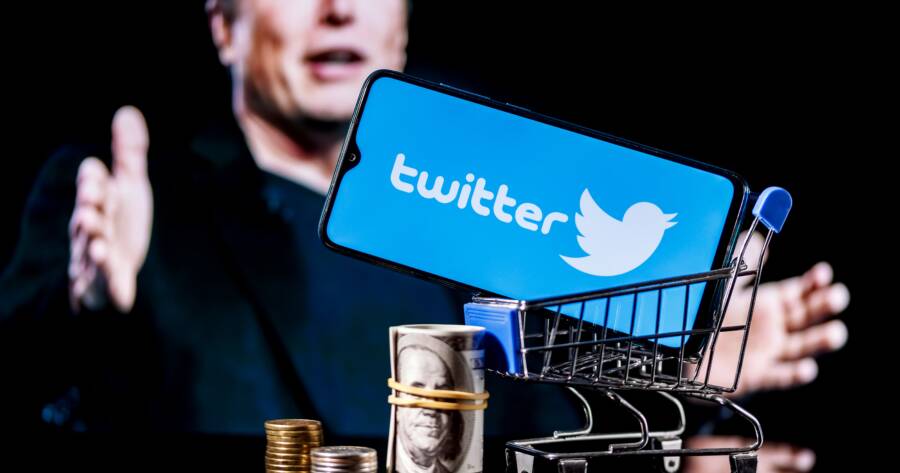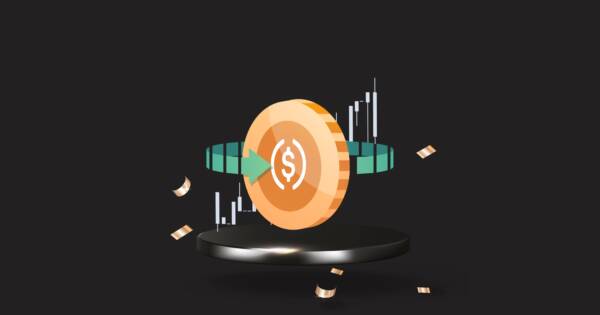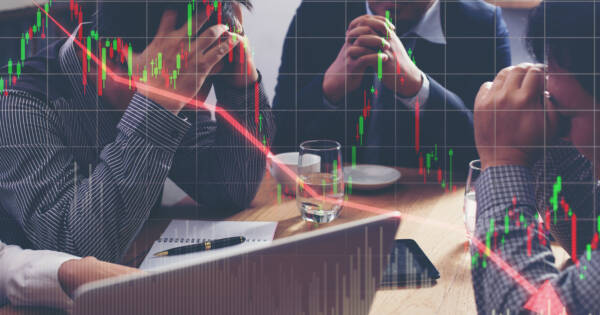- Elon Musk announced his intentions to buy Twitter back in April 2022.
- Since then, the deal has been held up numerous times, for various reasons.
- The stock prices of both Twitter and Tesla have fluctuated broadly as details of the deal change.
It seems like every time Elon Musk open his mouth (or in most cases, his Twitter app), serious financial implications follow. The Tesla CEO recently made headlines when he announced intentions to buy Twitter. The purchase price for the social media network? A cool $43 billion dollars. Since then, there’s been a series of twists and turns in the saga. The stock price of Twitter went up. And then down. Then Tesla’s stock also started to move, thanks to a chain reaction.
Honestly, the whole thing can be hard to follow. It can feel like Musk changes his mind on a daily basis — which is fine, except his very public opinions cab cause deep financial ramifications. That’s what happens when you let the world’s richest man constantly scream into the void that is the modern internet.
If you’re struggling to make sense of it all, you’re not alone. Here’s everything you need to know about Musk’s plans to buy Twitter, and how they are impacting a handful of associated stocks.
Musk Buys Twitter
In late April, Musk announced his intentions to buy Twitter. Since the social media network is already a publicly traded company, Musk needs to buy the shares of all the current owners, both big and small. His proposal came with a set price of $54.20 per share. That’s roughly what the price of Twitter shares were trading for at the time.
Current shareholders might have the option to retain a minority stake in the new Musk-owned Twitter. Otherwise, they would receive a cash payout for every stock they hold. Unfortunately, a deal of this size doesn’t come together quickly. A lot has changed since April, most notable the value of Twitter shares.
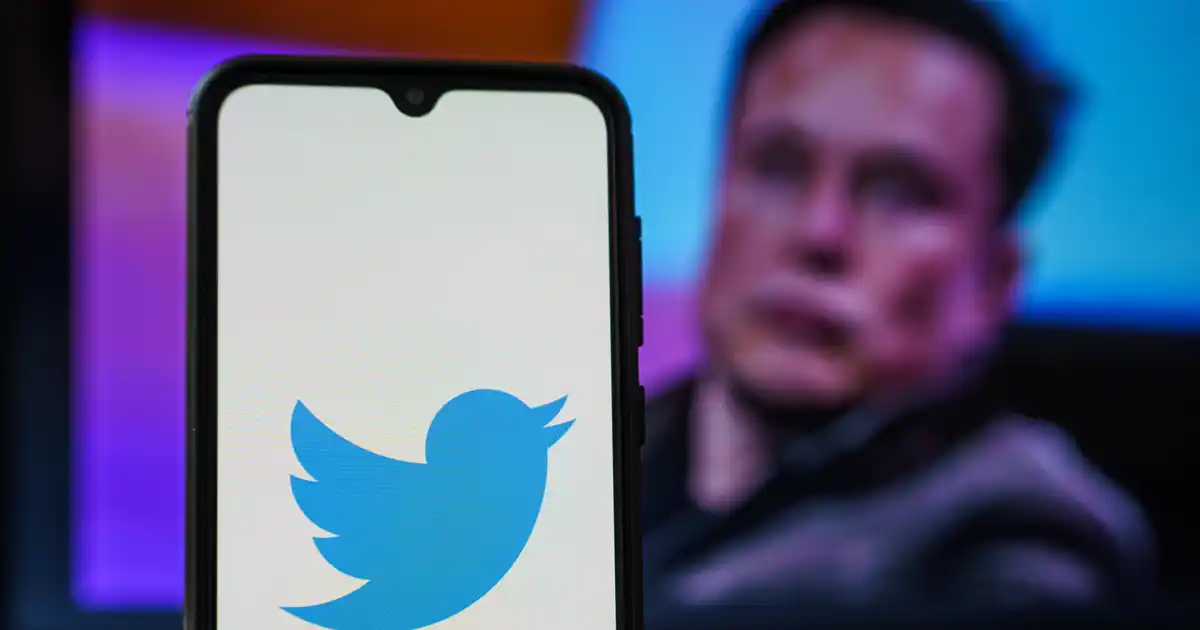 Shutterstock
ShutterstockTwitter’s Stock Price
Shortly after Musk announced his intentions to purchase Twitter, its stock price started to drop. A couple weeks later, it was trading around $48 a share. Not a huge change, but certainly not the $54.20 that Musk agreed upon. Roughly a month later, it was down to $36 a share. That certainly presented a problem.
Did Musk overvalue the company by agreeing to pay almost $43 billion? At today’s price, the market capitalization of Twitter is only a bit more than $30 billion. Imagine paying $15 billion more for something than it’s actually worth.
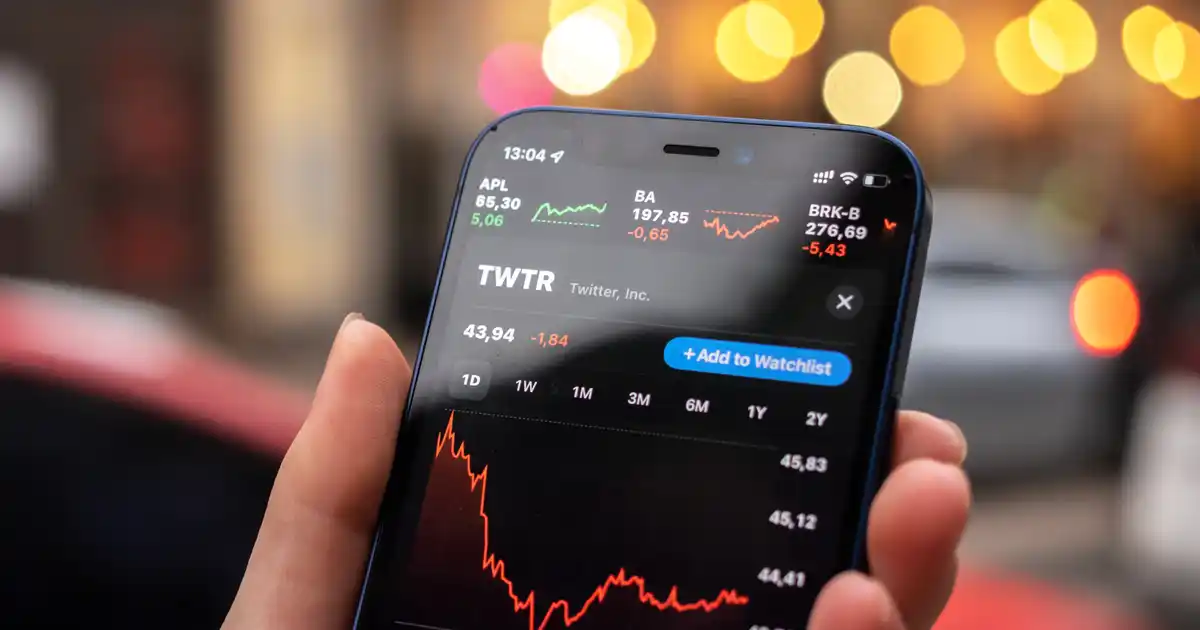 Shutterstock
ShutterstockWhy Did Twitter’s Stock Price Drop?
Here’s where things start to get murky. After originally tweeting about his intentions to buy Twitter, Musk seemed to backtrack. Shortly afterwards, he commented that the deal was on hold. He wanted proof from Twitter’s executives that the number of fake or bot accounts was below 5% of users. With the acquisition seemingly up in the air, Twitter’s stock price dropped further.
What gives? If the buyer and seller both agreed that the company was worth $54.20 per share, how has the value dropped by more than 25% in such a short time?
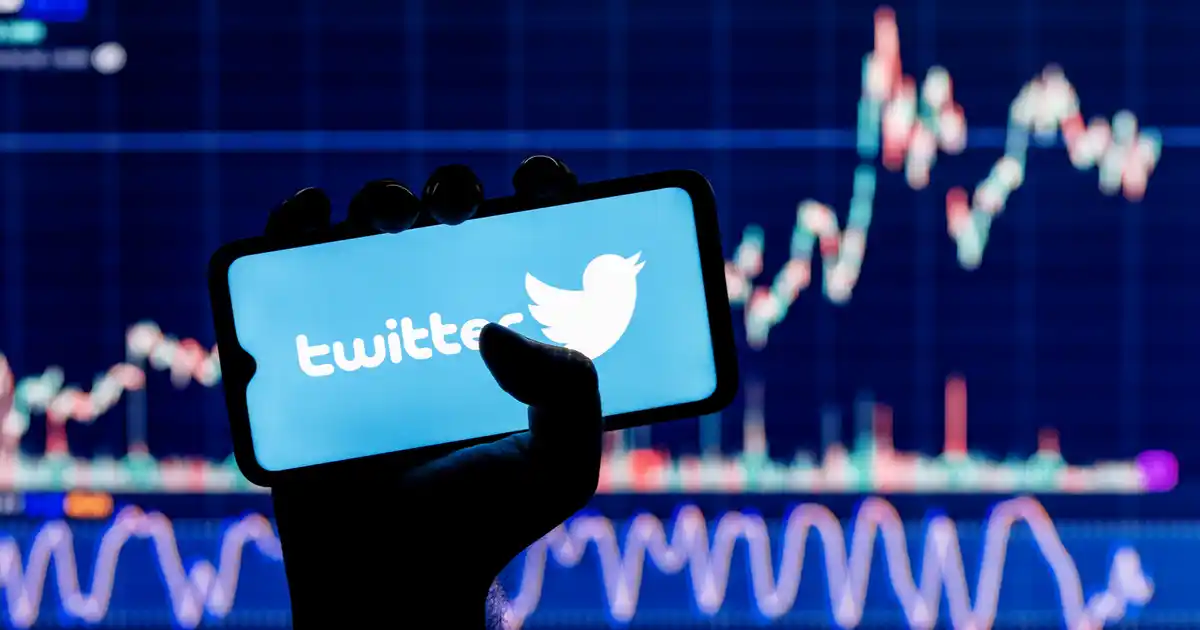 Shutterstock
ShutterstockIs Musk Purposely Tanking The Price?
The purchase delay, along with a select number of intriguing Musk tweets, have caused some to speculate that Musk is purposely trying to tank the price of Twitter. If the stock drops low enough, he may attempt to renegotiate the deal entirely. After all, would you want to pay $43B for an asset that’s only worth $30B now?
There are reports that Musk could be hit with serious penalties if he backs out of the deal. There’s allegedly a billion dollar charge just for backing out entirely. Trying to pay a lower price could also be met with significant extra fees or penalties. However, some basic math still results in a net win for Musk. After all, paying ~$30B plus a billion or so in penalties would still be cheaper than the original $43B deal.
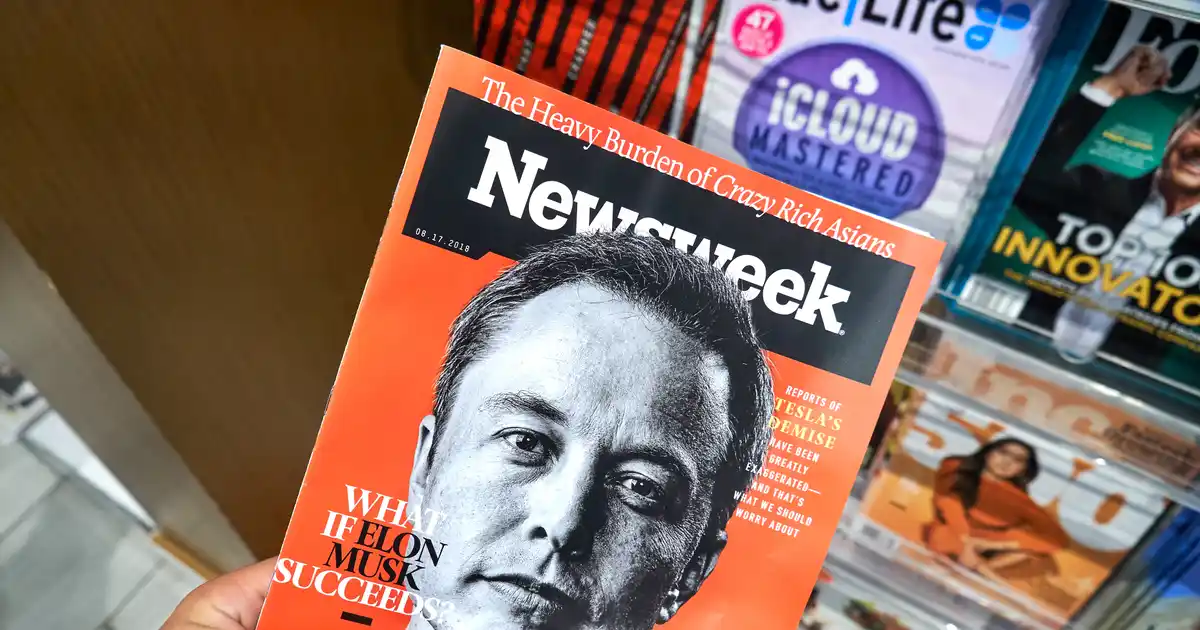 Shutterstock
ShutterstockHow Is Elon Musk Paying For Twitter?
Musk might be worth roughly $270 billion, but a lot of that wealth only exists on paper. The vast majority of his wealth (about $170B) is actually tied to his substantial stake of Tesla stock, the electric vehicle company he owns. That money isn’t available in hard cash, unless he sells the stock. To make a long story short, Musk doesn’t have $43B in cash laying around to buy Twitter.
Musk is actually borrowing the money to finance to Twitter deal. He’s taken out $25.5 billion from various banks. He also secured $7B in funding from independent investors like Larry Ellison, the Qatar state investment fund, and a large cryptocurrency exchange. The catch, and it’s a big catch, is that these loans are mostly backed by Musk’s Tesla shares as collateral. That means if the deal fails, the lenders may be able to claim a large portion of Musk’s Tesla stock as payment.
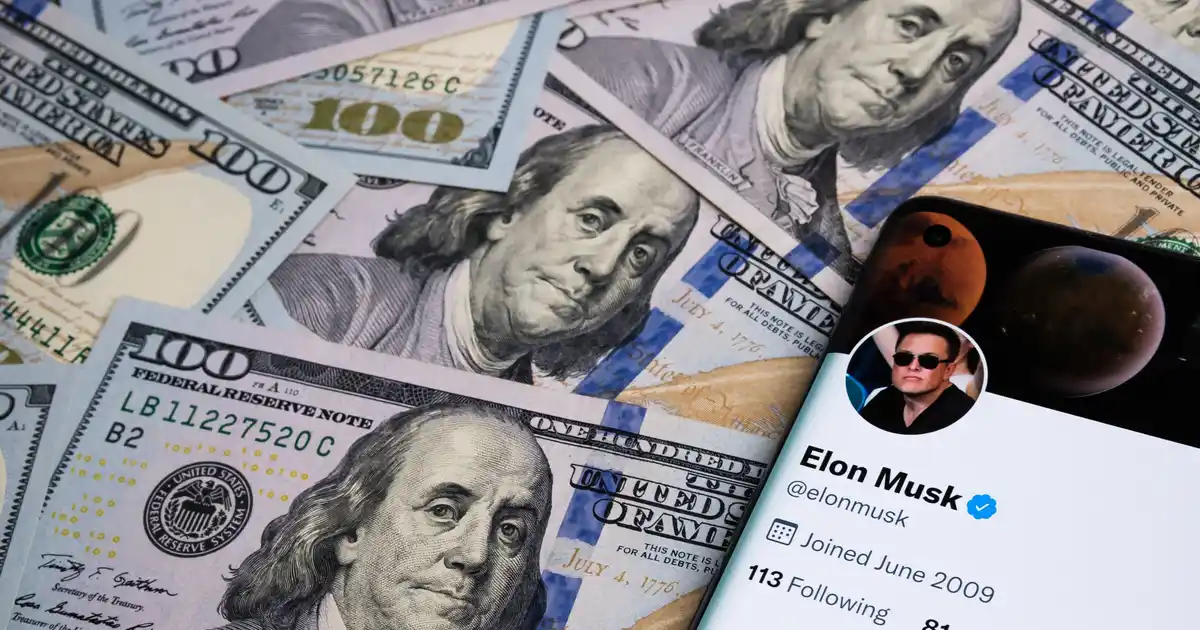 Shutterstock
ShutterstockHow Does This Impact Tesla’s Stock?
Tesla shareholders aren’t thrilled right now. The stock was trading close to $1,000 per share when Musk first announced his intentions to buy Twitter. Once the finance details were revealed, Tesla’s stock plummeted roughly 35%. They hit a six-month low of $628 by the end of May, before bouncing back slightly to the $700-to-$750 range.
While it might make sense for Musk to use his current assets to help him acquire new ones, it definitely causes a ripple effect. Tesla shareholders didn’t sign up for the company to be leveraged against the sale of a social media company. Add to the fact that Twitter has notoriously struggled to turn it’s massive userbase into profit, and you can see why investors are concerned. The prices are dropping accordingly.
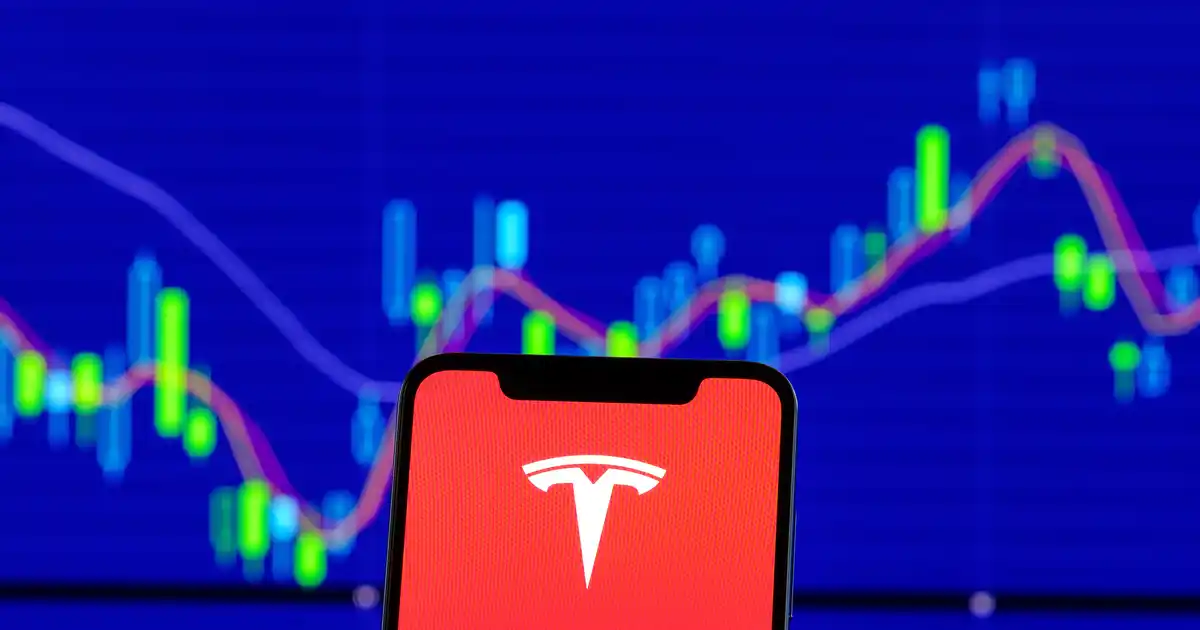 Shutterstock
ShutterstockWhy Does Elon Musk Want To Own Twitter Anyway?
Why would anyone want to own Twitter, really? It had a major problem with bots, fake accounts, profitability, hate speech monitoring, and is subject to foreign governments using it to undermine American democracy. Musk doesn’t seem to care much any of that.
He is a self-described “free speech absolutist.” In short, he believes that Twitter should act like a “town square,” where anyone can spout off any opinion they feel like, without consequence. Of course, this goes against the current Twitter Terms of Service, which saw a certain ex-president tossed from the platform for inciting his supporters to violence. It’s also worth nothing that Musk’s love of free speech doesn’t seem to apply when said speech is critical of himself or his business dealings.
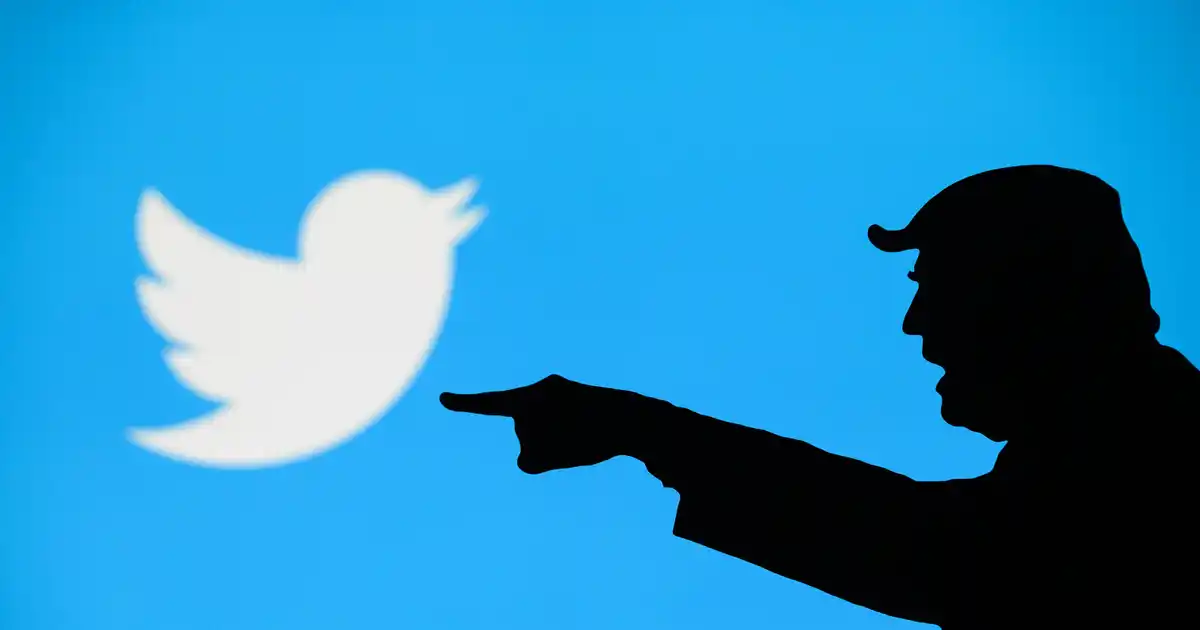 Shutterstock
ShutterstockMid-June Update!
As we were literally writing this article, a major update occurred. It appear more and more likely that Musk wants to back out of the deal entirely. He is alleging that Twitter breached the terms of their deal by refusing (or being unable?) to provide proof on the number of bot accounts versus actual real users. Musk is claiming a “clear material breach,” which he insists can sink the deal entirely.
For their part, Twitter released a statement saying they have been cooperative with sharing any information. They also mentioned they have full intentions of forcing the transaction to close, as they have a fiduciary duty to their shareholders to accept the original terms of the deal.
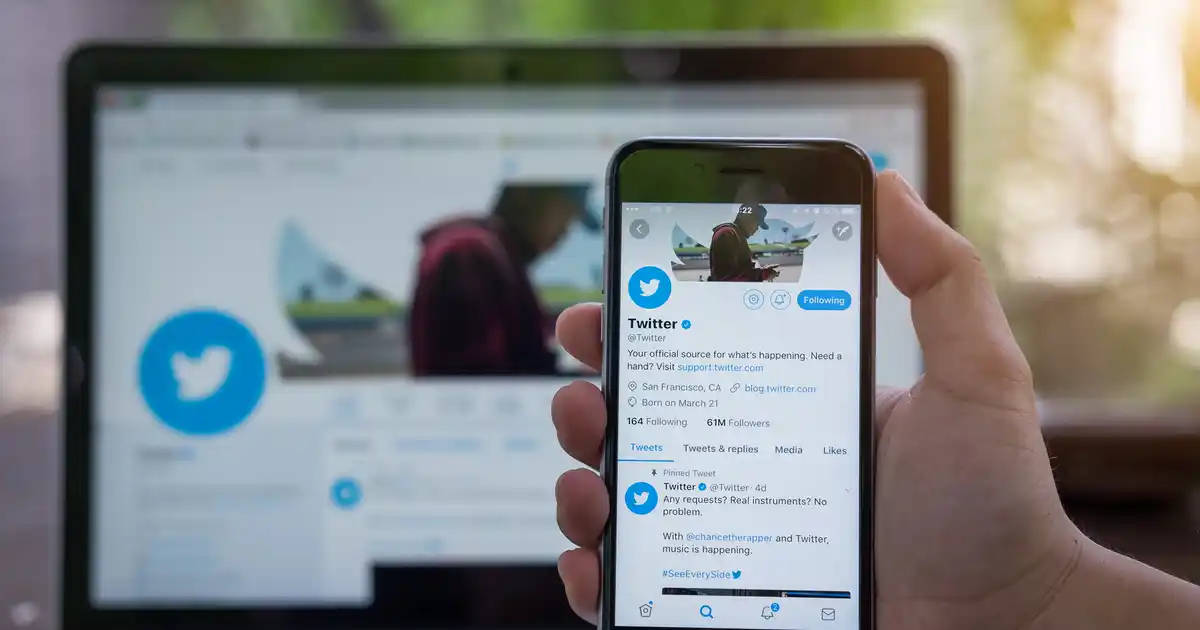 Shutterstock
ShutterstockSo Now What Happens?
No one really knows. What, exactly, is Musk’s endgame here? Does he really want to own Twitter? Or was that just a random impulse he couldn’t control, and now it’s too late to back out? Maybe he still wants to complete the deal, but has regrets over the price he originally agreed to pay. Once again, if he can save $15B in purchase costs while losing a billion or two in penalties or lawsuits, he still wins.
If Musk tries to back out of the deal completely, Twitter will almost certainly sue to controversial CEO. In fact, Twitter shareholders are already suing Musk over a different issue, claiming he’s intentionally working to tank the company’s stock price.
UPDATE: In July, Musk “sought to terminate” the purchase agreement entirely. Twitter will now likely sue for damages.
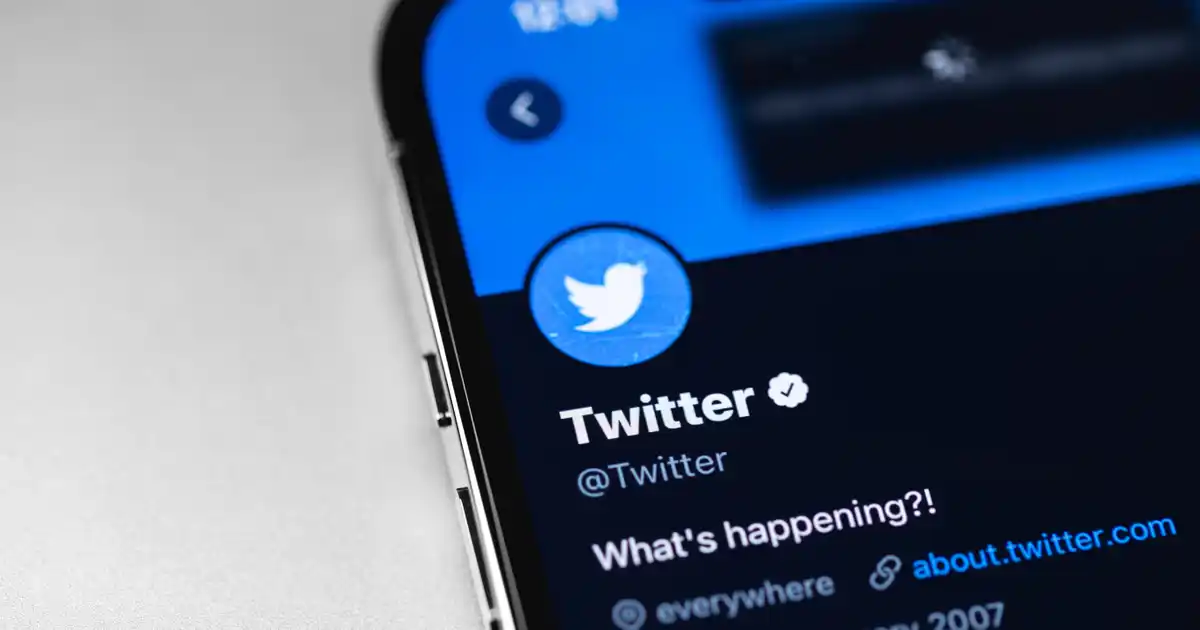 Shutterstock
ShutterstockThe Bottom Line
What a mess, frankly. Twitter is a fascinating social media site, capable of sharing information broadly and with incredible speed. It’s also largely unregulated, creating worrisome (and often dangerous) sub-communities where hateful or violent ideals are spouted, believed, and acted upon regularly. To be fair, Twitter has attempted to better moderate the more extremist viewpoints lately.
Will Musk end up owning Twitter? It feels like a 50/50 shot right now. Even if the sale is forced, what does a Musk-owned Twitter even look like? Will it truly be unregulated free speech for everyone, no matter how vile? Will the famously banned accounts suddenly reappear again?
Perhaps most interesting (to those of us that run a finance site, anyway), is what will happen to the stock prices of Twitter and Tesla over the next few months? We wish we know for sure. Then again, so do investors all over the world. If it were that easy to predict the future, we’d all be rich already.
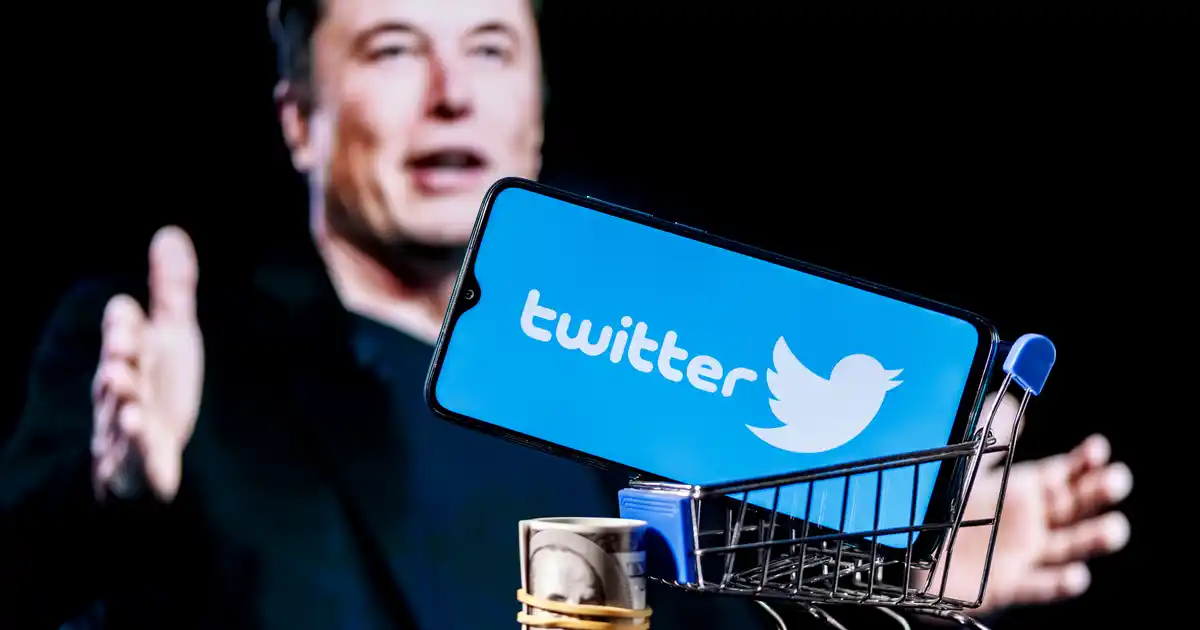 Shutterstock
Shutterstock